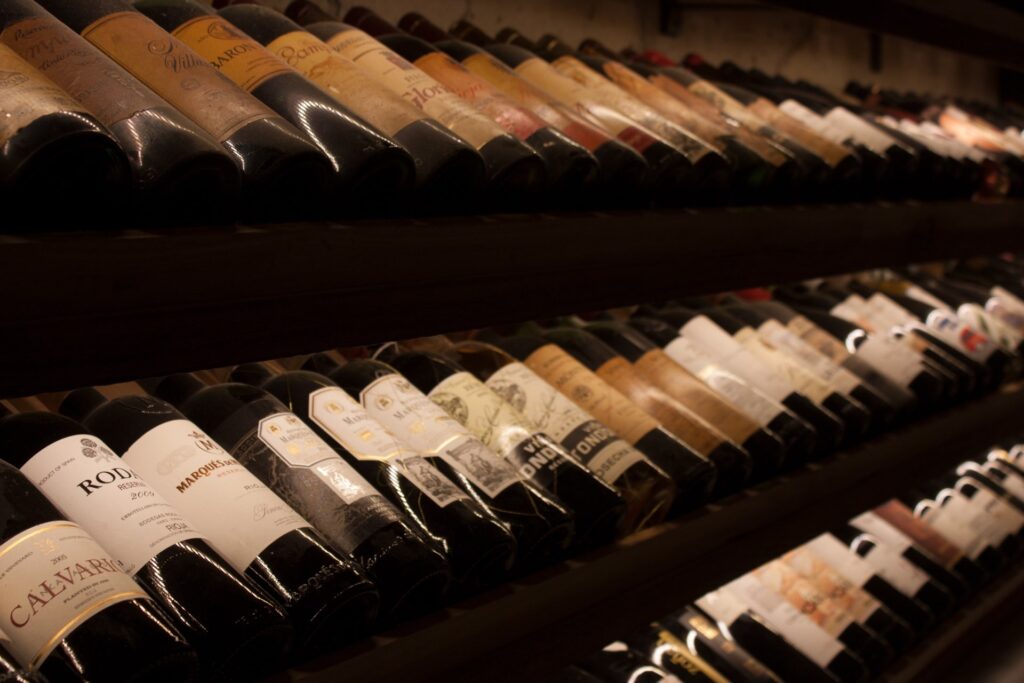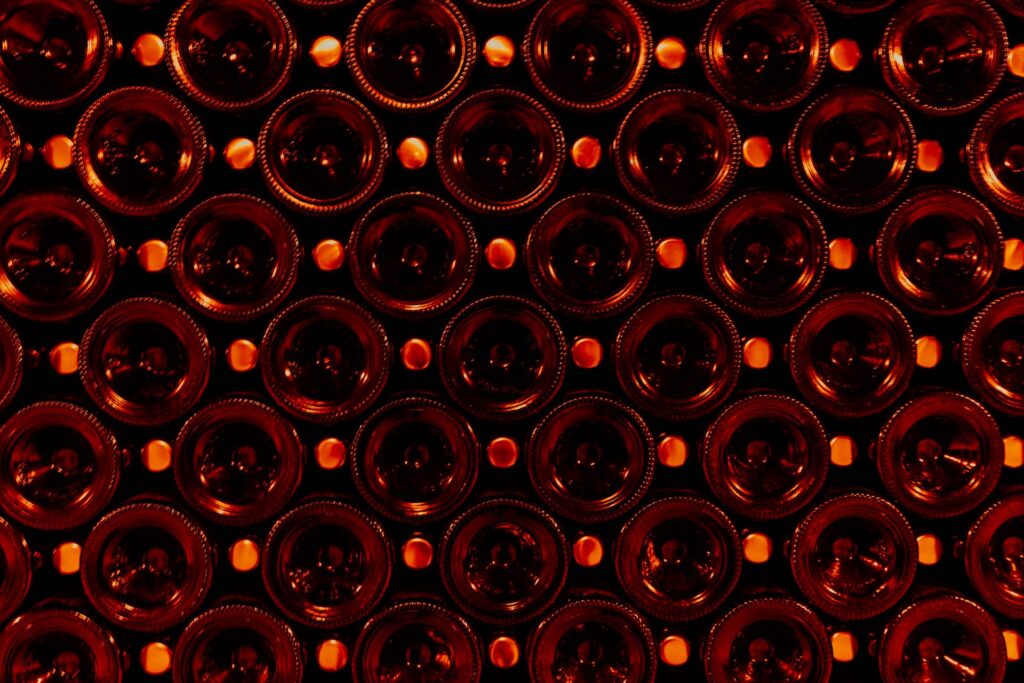What is a bottle of wine worth?
That’s a really good question, and one that I get asked a lot.
There’s a saying in politics that, “A lot of where you stand depends on where you sit.” The same is true with wine. That is to say that the value of a bottle of wine depends a great deal on whether you’re buying or selling; and where you’re doing the buying or selling.
Let’s take a $100 bottle of wine as an example. The store paid about $80 for it from a distributor who bought it for a little less than that, around $70. The price on the bottle at your friendly neighborhood wine monger is $100 at the store, for which you pay tax of say 8%, so $108. Or maybe you got it shipped to you at $12/bottle, so now it’s around $120.
But if you went out to dinner at a nice restaurant that night and order that same bottle, there’s a good chance it will show up on the Carte du Vin at $200, to which add tax and a 20% tip and it gets you to around $256.
After dinner, you decide you didn’t like the bottle, so you want to sell it. You call up Winebid.com and they take it on for about $80. Why $80? Because they add 20-24% in seller’s commission (the “vig”) to the hammer price and that puts you back to about $100 pre-tax. In effect, you bought it at retail and you’re selling at wholesale. It’s like a new car you drove off the lot and the Blue Book value just dropped by a factor. Some auction houses also charge you for the privilege of selling your own wine, up to 10%, and suddenly your $82 is around $74. (This seller’s commission varies, and may depend quite a bit on how much wine you’ve got to sell in aggregate. The more valuable the consignment, the more leverage you have to negotiate fees with the auction house.)
Most auction houses offer an estimate range, with a guaranteed “reserve” price, beneath which they won’t sell it, or will make up the difference to you. That reserve is set at 10% below the low end of the estimate, so it’s possible that you picked the wrong day and the $80, above, is closer to $72, minus 10%, so $65 is what you’re getting back for your $100 bottle.
You might do better at the auction and make a little more, get you most of your money back, but you might also do worse. An auction is the true test of the value of that bottle of wine, in that sale, in that venue (live or online), at that moment. It’s not uncommon for the same title to sell for different prices in the same sale, within minutes of one another, and you might have different results depending on whether you’re in Hong Kong or Delaware or on the internet.
So, let’s ask the question again: What is a $100 bottle of wine worth? Somewhere between $65 and $256, depending on where you sit.
A lot of wines that are disparaged as “retail” or “everyday” may get more expensive on WineSearcher.com, but they don’t perform especially well on the secondary market. It’s not a comment on the quality of the wine, or how much you might enjoy it, only on the market. This extends to high priced and highly rated California “Cult” wines, even some that are sold exclusively by limited allocation to a mailing list. The head of one auction house recently told a consignor who was expecting more bang for his bucks, “You didn’t lose money when you sold the wine. You lost money when you bought the wine.”
I know what a bottle is NOT worth—it’s probably not worth as much as you thought. I’ve represented hundreds of auction sellers over the years, and one thing is clear: nobody thinks they ever thought the estimates were too high, or that they got too much money for what they had to offer at auction. I’m still waiting for someone to call with that complaint. The lines are open.
Of course, there are other factors at work with a bottle of wine. You might have bought it when you were on that amazing trip to Tuscany, or wherever. They say you can’t put a price on sentimental value, but on any given weekend from September to June, an auction can…to the penny.






